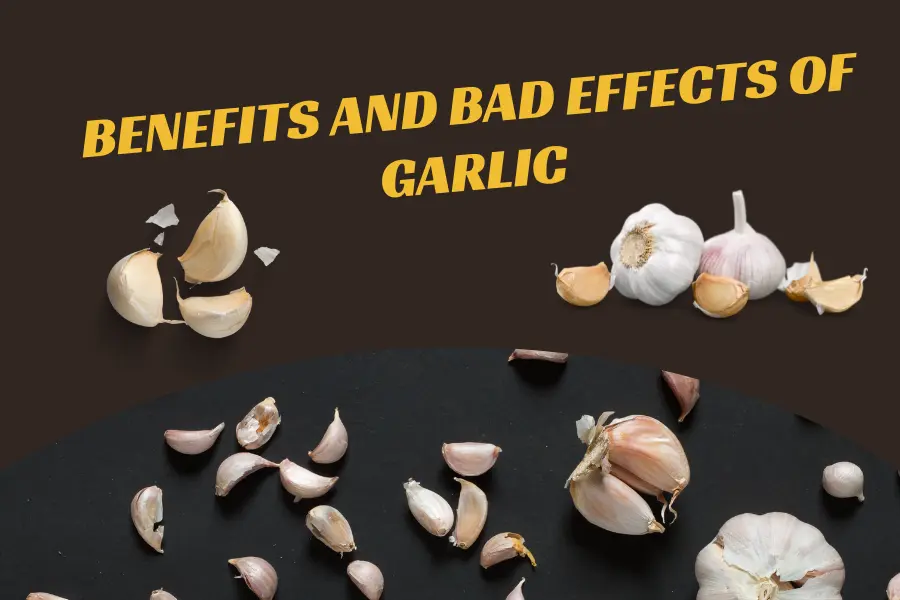Coffee is not just a beverage; it’s a global phenomenon that fuels societies, sparks creativity, and for many, kickstarts the day. Central to coffee’s appeal is caffeine, a potent stimulant that can have profound effects on our physical and mental well-being. This article delves into the nuanced side effects of coffee consumption, offering insights into how this beloved brew influences our health.
Understanding Caffeine
What is Caffeine?
Caffeine is a natural stimulant found in coffee beans, tea leaves, and cocoa. It works by blocking the action of adenosine, a neurotransmitter that promotes sleep, thereby increasing alertness and concentration.
Caffeine Metabolism
- Factors Affecting Metabolism: The speed at which caffeine is metabolized can vary greatly among individuals, influenced by genetics, age, liver health, and even pregnancy.
- Interactions: Caffeine can interact with various medications, altering their effectiveness or exacerbating side effects.
Short-term Physical Side Effects of Coffee
Gastrointestinal Issues
- Acid Reflux: Coffee can relax the lower esophageal sphincter, leading to heartburn.
- Stomach Upset: The high acid content in coffee can irritate the stomach lining.
Cardiovascular Effects
- Heart Rate: Caffeine can cause a temporary increase in heart rate.
- Blood Pressure: Individuals sensitive to caffeine may experience a short-term spike in blood pressure.
Sleep Disturbances
Caffeine can disrupt sleep patterns, making it difficult to fall asleep or stay asleep, leading to reduced sleep quality.
Long-term Physical Side Effects of Coffee
Bone Health
Excessive caffeine consumption may interfere with calcium absorption, potentially affecting bone density.
Heart Health
Studies on caffeine and heart disease have shown mixed results, with moderate coffee consumption generally considered safe for most people.
Reproductive Health
Pregnant women are often advised to limit caffeine intake to avoid potential risks to fetal development.
Psychological and Neurological Effects of Coffee
Anxiety and Mood
Caffeine can exacerbate anxiety and other mood disorders in sensitive individuals.
Dependence and Withdrawal
Regular, heavy caffeine use can lead to dependence, with withdrawal symptoms including headache, fatigue, and irritability.
Individual Variability and Risk Factors
Genetic Factors
Genetic differences significantly affect how individuals metabolize caffeine, influencing their sensitivity to its effects.
Pre-existing Conditions
People with certain health conditions, such as anxiety disorders or heart problems, may need to monitor their caffeine intake more closely.
Moderation and Recommendations
Guidelines for Safe Consumption
Health organizations typically recommend limiting caffeine intake to 400 mg per day, roughly equivalent to 4 cups of coffee.
Tips for Reducing Consumption
Gradually decreasing coffee intake can help avoid withdrawal symptoms. Switching to lower-caffeine alternatives like tea can also be beneficial.
Alternatives to Coffee
Herbal teas and decaffeinated beverages offer the ritual of a warm drink without the caffeine.
Conclusion
The side effects of coffee and caffeine are complex and highly individual. While coffee has its place in a balanced diet, moderation and personal health considerations should guide consumption.
FAQs
Q: Can coffee cause dehydration?
A: While caffeine has a mild diuretic effect, moderate coffee consumption does not lead to dehydration.
Q: Is it safe to drink coffee while pregnant?
A: It’s recommended to limit caffeine intake during pregnancy. Consult with a healthcare provider for personalized advice.
Q: Can coffee help prevent diseases?
A: Some studies suggest that moderate coffee consumption may be linked to a reduced risk of certain diseases, including Parkinson’s disease and type 2 diabetes.







